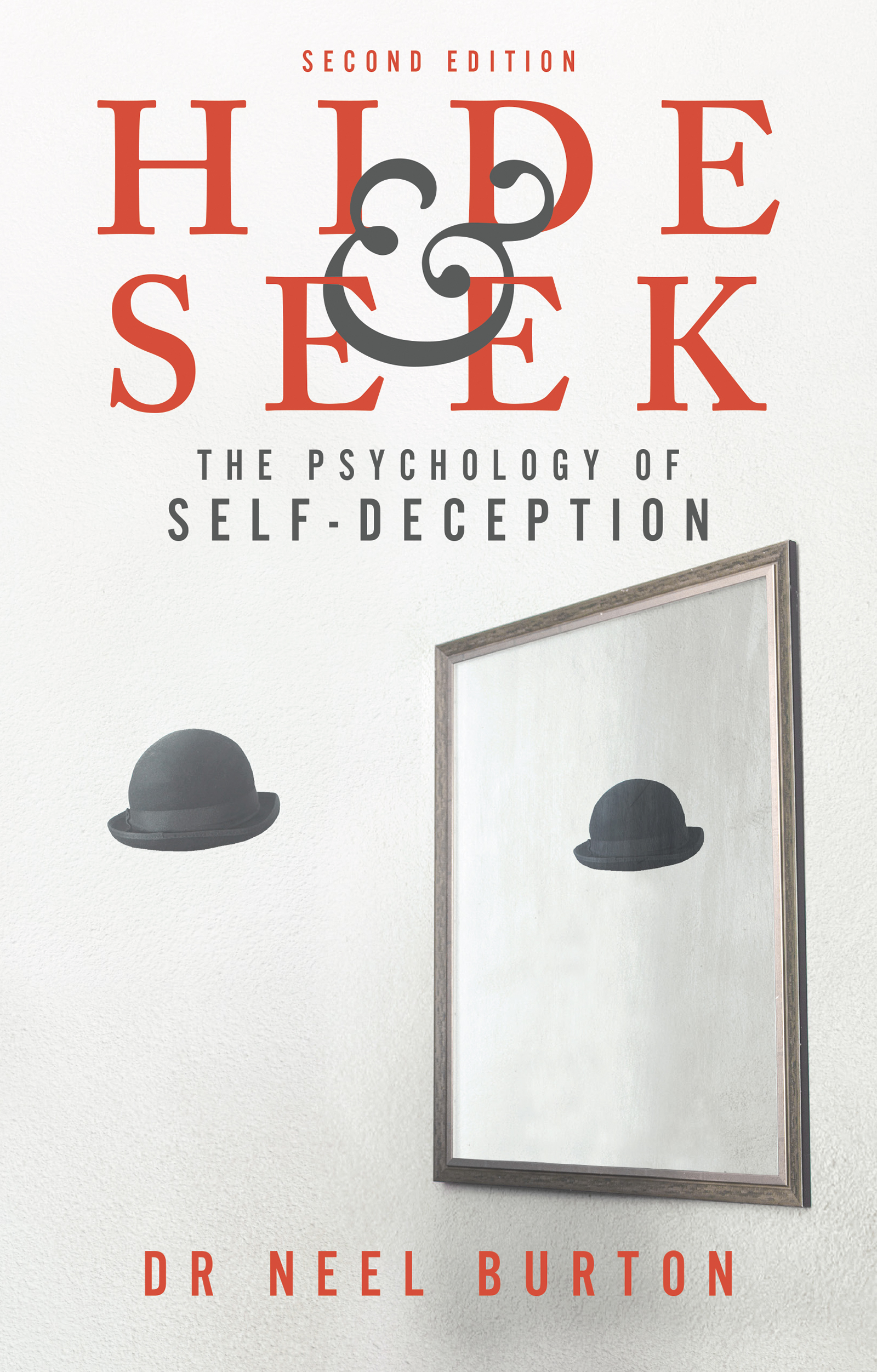What do you think?
Rate this book


150 pages, Kindle Edition
First published February 15, 2012
Human beings are not rational, but rationalizing animals. They find it frightening to think and painful to change because thought and change threaten the beliefs that make up their sense of self.
... repression relates to mental or internal stimuli, denial relates to external stimuli, to things that are ‘out there’.
Positive illusions tend to be more common, and more marked, in the West. In East and South Asian cultures, for example, people are less vested in themselves and more vested in their community and society, and tend, if anything, to self-effacement rather than self-enhancement.
...
Positive illusions are also more common in unskilled people, possibly because highly skilled people tend to assume, albeit falsely, that those around them enjoy similar levels of insight and competence. This Dunning-Kruger effect, as it has been called, is neatly encapsulated in a short fragment from the introduction to Darwin’s Descent of Man: '…ignorance more frequently begets confidence than does knowledge…' And, of course, it may also be that, compared to highly skilled people, unskilled people are more reliant on positive illusions for their self-esteem and broader mental health.
Confabulation is rarely seen in healthy people, but is often a feature of organic amnestic states such as Alzheimer’s disease and Wernicke-Korsakoff syndrome.
Whereas a hallucination is experienced as arising from the sense organs (outer space), a daydream is experienced as arising from the mind (inner space).
According to St Augustine (d. 430 CE), man is prone to a curious feeling of dissatisfaction accompanied by a subtle sense of longing for something undefined.